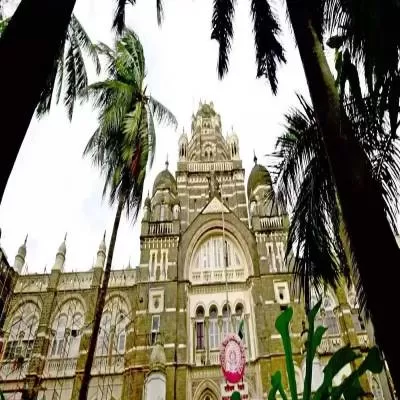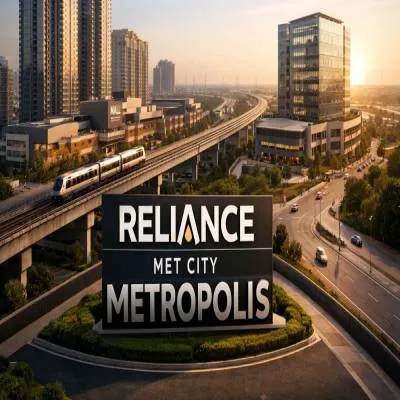Schedule a Call Back
Bombay High Court Criticizes Maharashtra Slum Policy
 In a significant judgement, the Bombay High Court termed Maharashtra's slum policy as "strange" and lamented that an international city like Mumbai is known for its slums. A division bench of Justices Girish Kulkarni and Jitendra Jain criticized the policy that grants free tenements to encroachers, highlighting the detrimental impact on both public and private land ownership.
In a significant judgement, the Bombay High Court termed Maharashtra's slum policy as "strange" and lamented that an international city like Mumbai is known for its slums. A division bench of Justices Girish Kulkarni and Jitendra Jain criticized the policy that grants free tenements to encroachers, highlighting the detrimental impact on both public and private land ownership.
The court pointed out that this policy has led to substantial tracts of land being diverted from the "state pool," affecting future generations. It emphasized the need for a thorough reassessment of such government policies, noting the severe consequences for Mumbai's urban landscape.
Once slums on private land are recognized under the Slum Act, the encroachment becomes a legitimate right to free tenement for the encroachers, the court observed. This, according to the bench, effectively rewards illegal encroachment, compromising the rights of rightful landowners.
Highlighting the challenge of evicting encroachers, the court expressed concern over the disappearance of major public lands in Mumbai, now subject to private development under the guise of slum redevelopment. The Slum Rehabilitation Authority (SRA), the court noted, bears a significant responsibility to protect property rights objectively and lawfully.
The bench quashed an October 2021 notice from the SRA seeking to acquire land from the Mount Mary Church trust in Bandra for a slum redevelopment project, declaring the acquisition "patently illegal." The court was responding to a petition from Bishop John Rodrigues, representing the church trust, challenging the SRA's move to acquire 1,596 square meters of their land.
The judges reiterated that slum-dwellers are entitled only to permanent alternate accommodation under statutory schemes, not ownership rights over the land. They criticized the state policy for encouraging widespread encroachment, resulting in significant losses for both public and private landowners.
The court underscored the need for a comprehensive review of these policies to safeguard the rights of future generations and ensure adherence to constitutional principles. Acknowledging the necessity of housing for a large migrant workforce, the bench stressed that this should not come at the expense of violating property rights and legal principles.
In conclusion, the court highlighted the complex reality of removing encroachments in Mumbai, noting the involvement of slumlords, criminals, social workers, and politicians who exploit these situations for electoral gains. The court's remarks call for immediate and thoughtful policy revisions to address these deep-seated urban challenges.


Subscribe Now
Subscribe to our Newsletter & Stay updated
RECENT POSTS
Popular Tags
Folliow us










